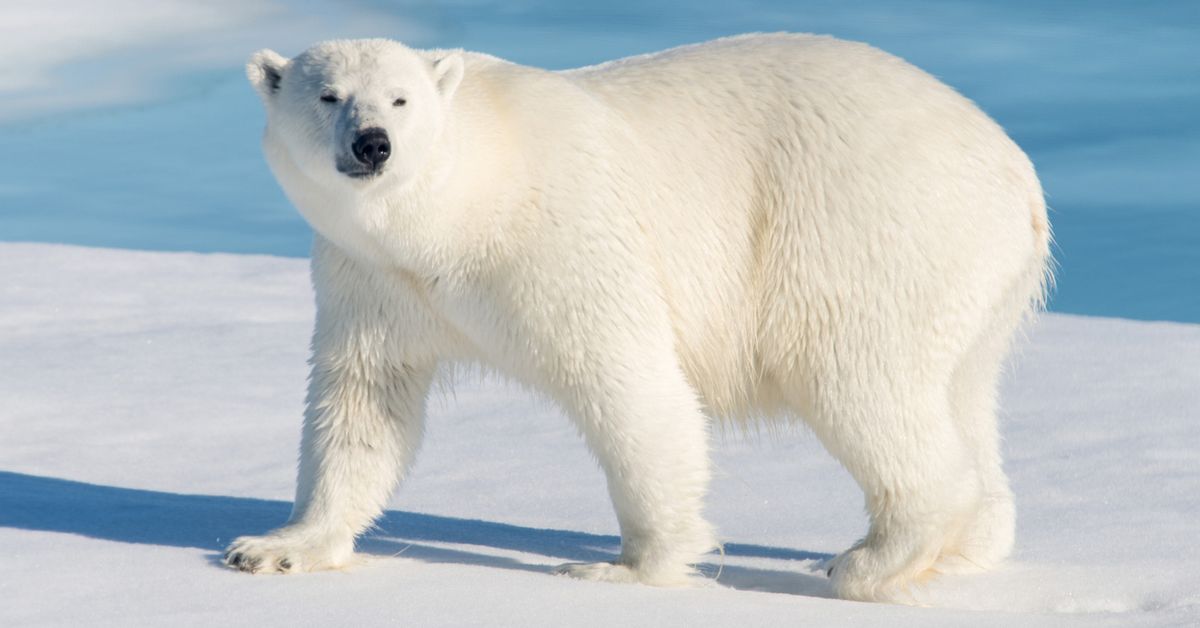A Fort Severn man and woman had left their home before 5 a.m. local time to look for their dogs, and while they were in the driveway, “a polar bear pounced on the woman,” the Nishnawbe Aski Police Service (NAPS) said in a news release last week.
“The woman fell to (the) ground when her husband jumped on top of the animal to prevent its attack. The bear then attacked the male, causing serious but non-life threatening injuries to his arm and legs,” the service added.
“The man is expected to recover,” police said.
While the man was struggling with the animal, “a neighbor arrived with a firearm and shot the bear several times. The bear retreated into a nearby wooded area where it died of its injuries,” NAPS said.
Police officers who arrived at the scene after receiving reports of gunfire and a possible bear sighting in the area “found a deceased polar bear,” the service said, adding: “Police continued to patrol the area to ensure there were no other bears. the community.”
Although polar bear sightings in the area are common, attacks are “rare but not unheard of,” a police spokesman told CNN affiliate CTV News.
Fort Severn is located near Hudson Bay.
Polar bears around the bay prefer to hunt seals while on the sea ice, but when the ice breaks up, which happened earlier than usual in southern Hudson Bay this year, they head inland to look for food, Alice McCall, director of conservation and staff scientist at Polar Bears International, told CBC News affiliate CNN.
At the time of the attack, “maybe this bear was a little hungrier than usual,” she added.
McCall said changing sea patterns due to climate change could affect how far bears go inland throughout the year, and recommended that the wastes be closed to not attract them.
“If you get attacked by a polar bear, definitely don’t play dead – that’s a myth,” she added.
“Fight while you can.”
